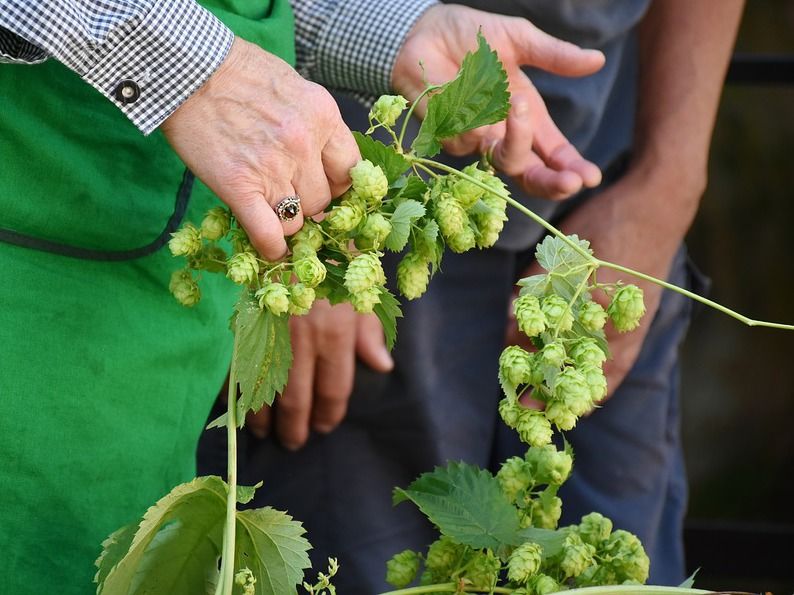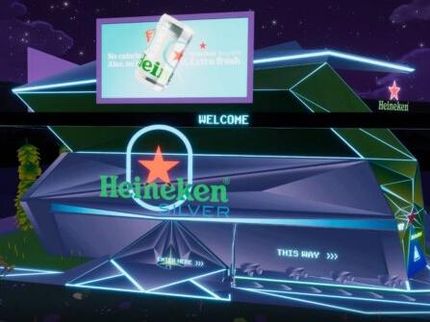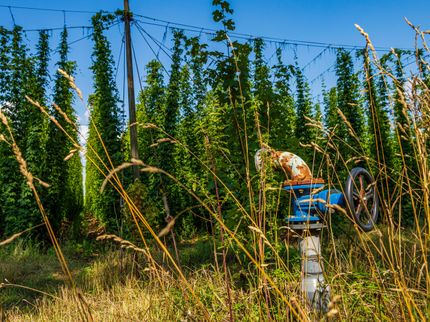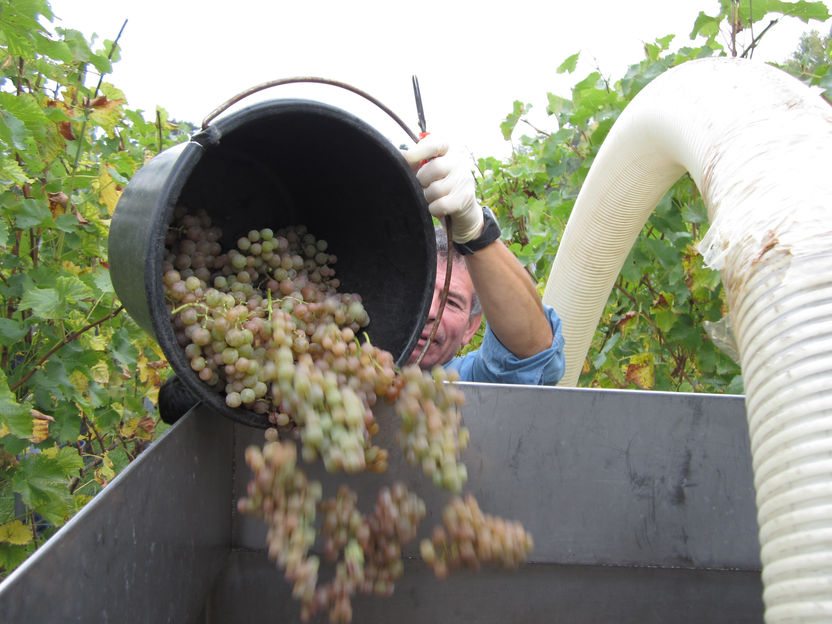Very individual: Self-made beer is in vogue
Advertisement
More and more hobby brewers brew their own beer in cellars, kitchens and garages. In championships - like now in Stralsund - they compete with their own creations. The focus is on fun.

RitaE/ Pixabay
When it comes to beer, Jan Evermann from Greifswald knows no compromises. Four times a year the doctor starts his hobby brewery in his garden at home. He grinds malt, heats the mash to various temperatures, filters the wort, adds various hops and later yeast for fermentation. The whole thing is a complex matter. But when Evermann talks about temperature stops and IBU bitter values, his eyes light up.
Canned beer or industrial bottled beer hardly ever get into the 46-year-old's glass. "Unless there's an emergency," he says. And smiles. Evermann brews a maximum of 75 litres of beer with one brew - enough for his own needs and for a party with friends or colleagues. With his latest creation, a top-fermented Belgian beer speciality, a so-called Witbier, Evermann will compete in the German Championship of Hobby Brewers in Stralsund this weekend.
The German palate does not separate itself from industrial beer, but it has discovered craft beers as a taste alternative that no longer follow the strict German purity law with the addition of spices such as coriander, orange peels or ginger. The number of breweries in Germany is increasing and this with beer sales falling. Since 2009, 161 production sites have been added. According to the German Brewers' Association, 100 million hectolitres of beer were sold in 2009, but by 2017 this figure had dropped by around 6.5 million. The winners are the small special breweries that are experimenting with new varieties. The hobby brewer scene in Germany also developed in line with the trend towards craft beer.
The Association of House and Hobby Brewers (VHD) has around 700 members. But executive committee Markus Metzger estimates the scene, which exchanges itself in Internet forums such as hobbybrauer.de or hausgebraut.de and publishes own prescriptions, in the meantime on several thousand brewers. Equipment and ingredients can now be obtained easily via the Internet. As an entry-level model, there is a micro-shower set for 1.6 litres of India Pale Ale or Helles for just under 40 euros.
What attracts him to brewing his own beer? "The experience of success", says Metzger, teacher by profession. Many hobby brewers like him work in professions in which you don't necessarily see success at the end of a working day. Brewing is different.
Elisa Raus of Störtebeker Braumanufaktur, organiser of the German Championship of Hobby Brewers, explains the trend towards self-created beer as follows: Creative beers brewed by hand have been in demand for years. Many people enjoy creating beers with new aromas that did not exist before.
The VHD has been awarding prizes to the best beers of its members for 23 years. The Stralsund Brewery came up with the idea of setting up a German Championship more than a year ago. "There are many hobby brewers among our colleagues," says Raus. "We were amazed at all the things that bubble out of it. Last year, 80 German brewers came to Stralsund, this year 120 hobby brewers are expected. The top bidder is Berlin with 15 registrations, followed by Schleswig-Holstein with 13 and Baden-Wuerttemberg with 10.
This year, the hobby brewers must submit a self-created Witbier for the championship. A Witbier is the Belgian interpretation of a wheat beer, mixed with coriander, orange peel and other spices. After the tasting, professional brewers and beer sommeliers choose the best from the beers brewed in Germany's garages, kitchens and cellars.
Evermann's participation in the championship is not about winning, but about a qualified assessment of his Witbier interpretation and an exchange with the other friends of the barley juice. "Every beer is individual. That's the exciting thing about it." (dpa)
































































